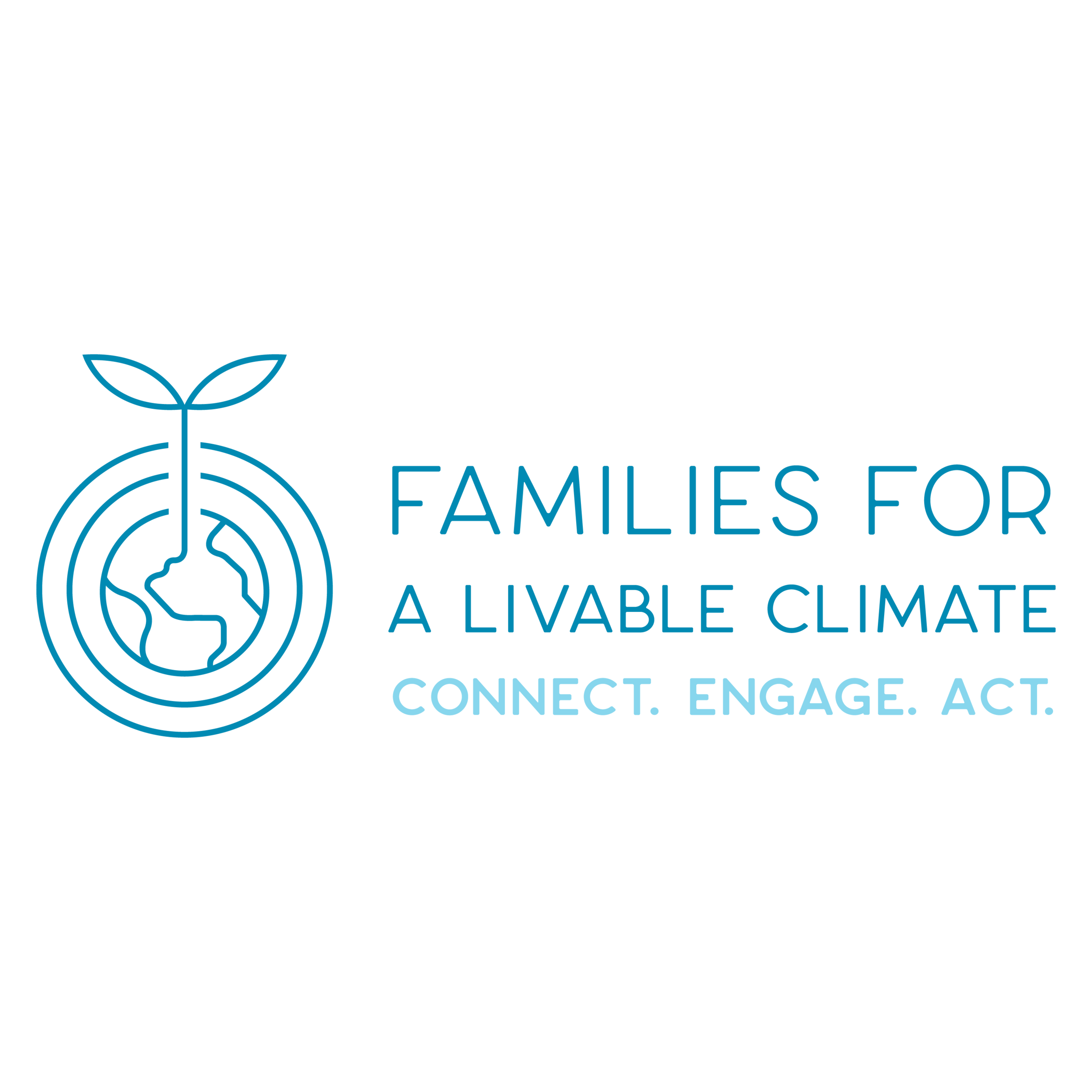Working at the Systems Level
Leah Samberg
Leah Samberg is the Lead Scientist for Global Policy at the Rainforest Alliance. Her work involves helping multinational corporations find supply chains that aren’t destructive to rainforests. We asked her to reflect on her work and her role in climate solutions. Her response is as follows:
I originally studied to be an ecologist, since that seemed like the clearest route to being part of the 'saving the planet' contingent. When I was an undergraduate (back in 2001) I went on a study abroad program in southern Africa, where it quickly became clear to me that challenges we need to solve to maintain a liveable planet are not challenges of scientific understanding, but rather of how to build food systems that can feed 9 billion people without trashing the place. I found a sustainable agriculture site to work at and stayed for another 3 months after the rest of my study abroad cohort had gone home.
From there my career choices have generally been a straight line toward working at the intersection of agriculture, food security, conservation, and climate. I got a PhD in sustainable agriculture, working for 5 years studying agricultural systems in southern Ethiopia, and then worked a number of temporary research jobs looking at agricultural and pastoral systems around the world.
Four years ago I landed at the Rainforest Alliance (we're the little frog icon you see on chocolate bars & coffee & paper bags) where I am the Lead Scientist for Global Policy. I help to lead a coalition of more than 25 NGOs working with multinational corporations to eliminate deforestation from agricultural commodity production and trade. Deforestation for just a few products - beef, soy, palm oil, timber - produces up to 10% of anthropogenic greenhouse gas emissions each year, and figuring out how to decouple production from land clearance will be essential for companies working to meet climate goals.
It's hard and frustrating work - global capitalism is a powerful force, and even robust and well-resourced sustainability departments cannot often turn the ship of companies like McDonalds, Walmart, Cargill, Nestle, or Unilever. But if we are going to meet any of our targets for a 1.5 or 2 degree future, these companies MUST be part of the solution.
In terms of how my work informs my parenting -- from my vantage point it is really clear that successful climate action requires systemic change, and so I spend a lot less time talking with my kid about things like recycling and turning off the lights and more about, well, capitalism and racism and misogyny. Every day in my work I see how combating climate change is really about fighting entrenched power structures, and I think a lot about how to set my kid up for success in doing that. Kind of a big answer, but it's a big question!
Leah Samberg is originally from New England and has lived in Missoula for 13 years now, with time in between spent in Wyoming, California, Ethiopia, Chile, China, Hungary, and a number other places. She’s a backcountry skier and trail runner, pretty much always in the mountains if she can help it. Her and her husband Brian have a pretty rad 5-year-old son, Sam, who is already a better mountain biker than she is. In her professional life, Leah is the Lead Scientist for Global Policy at the Rainforest Alliance.


